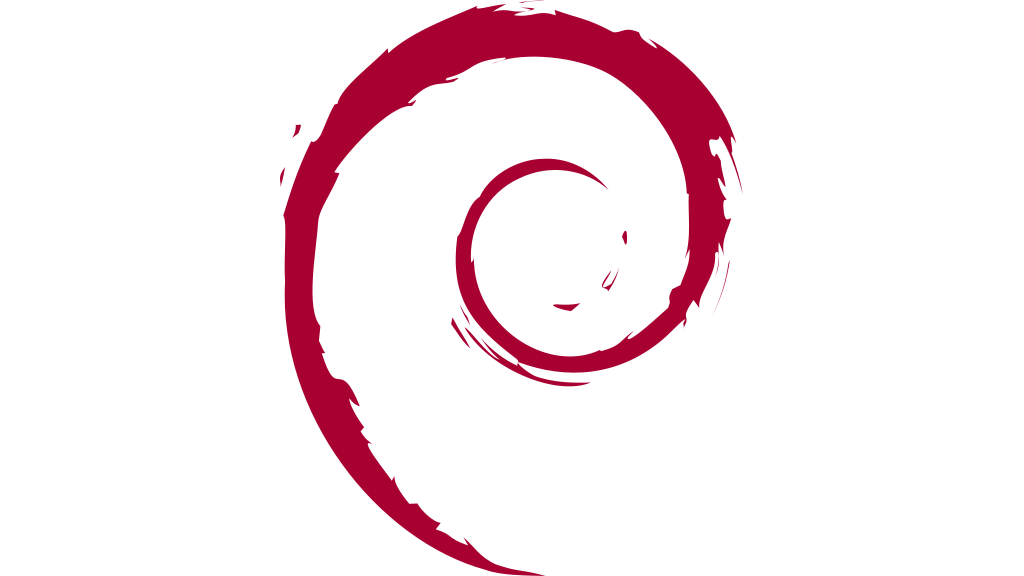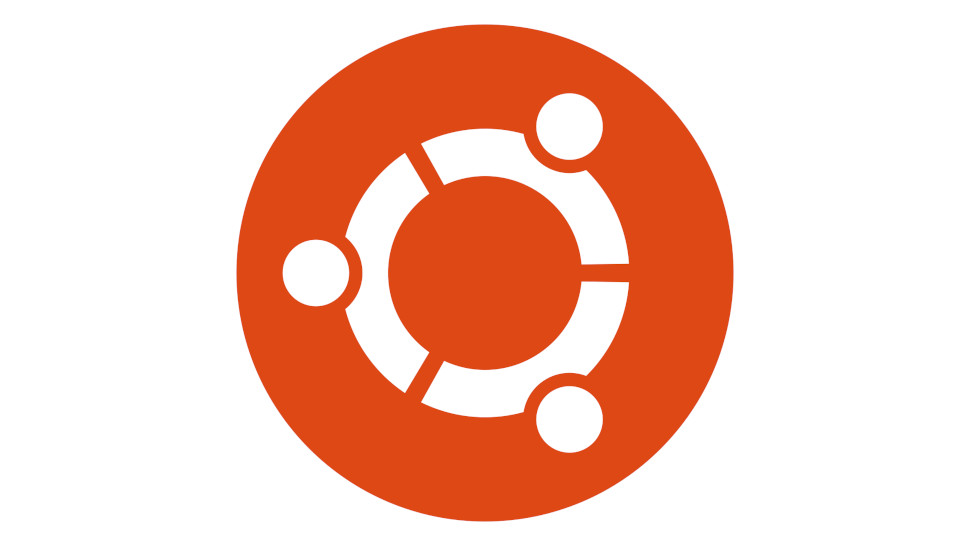Debian and Ubuntu are regarded as excellent choices for desktop and server requirements. Debian is lightweight, more secure, stable, and faster than Ubuntu, but it is old-fashioned and not easy to install. Due to its simple desktop interface, frequent updates, and ease of installation, Ubuntu is more popular than Debian.
Both Debian and Ubuntu have similarities and differences. The best distro between Debian and Ubuntu can be determined only by knowing the entire details of the distro.
Debian

Debian is the best Linux-based free and open-source operating system software. It is the basis for Ubuntu, the most widely used desktop Linux distribution. A GNU/Linux operating system has been developed and maintained for well over a decade by the volunteer project known as Debian. Linux kernel or the FreeBSD kernel is used by current Debian systems. Over 1,000 official developer members and many more volunteers and contributors have joined the Debian project since its inception. Over 50,000 packages of free, open-source software and documentation are included in Debian today.
Debian has three kinds of releases. They are testing (testing out the latest updates), unstable (partially tested version), and stable (up-to-date version).
There are many reasons to choose Debian as the operating system. Some of them are the following.
1. Debian is free software
Debian is based on open-source software that is free for use, modification, and distribution by anyone.
2. Debian is stable
Debian is an OS based on Linux for servers, desktops, laptops, and other devices. It mainly focuses on stability and provides a stable release of a version.
3. Many other Linux distribution is based on Debian
Debian is the foundation for numerous well-known Linux distributions, such as Knoppix, Ubuntu Tails, and PureOS. Debian provides many tools necessary to allow anyone to add their software packages to the Debian archive.
4. Debian is reliable
Debian is trusted by millions of people. Every day Debian is installed in super-colliders, single-user laptops, educational institutions, and stock exchanges. This proves Debian’s reliability. It is also popular in academia, the scientific community, and the public sector.
5. Debian is secure
Debian provides security assistance in its stable releases. We offer a reasonable default configuration and regular security updates throughout the package’s lifetime. Many other distributions and security researchers use Debian’s security tracker.
6. Debian has extensive hardware support
The Linux kernel supports most hardware, so Debian will also support it. If necessary, proprietary hardware drivers are available.
7. Debian is a community project
Debian welcomes everyone to the Debian community; regardless of a programmer or a system administrator or a computer user. Debian’s governance structure is democratic. Since everyone on the Debian project has the same rights, no one company can control Debian. Debian has been translated into over 80 languages by our developers. Developers from different countries are involved in the translation of Debian.
8. Debian support multiple computer architectures
Debian is available for a wide range of CPU architectures, such as i386, POWER7, ARM and MIPS, amd64, IBM System z, RISC-V, and POWER8. It is used on Intel computers with 32 or 64 bits.
9. Debian is compatible with embedded and Internet of Things devices
Debian is compatible with various devices, including Raspberry Pi, mobile devices, Single Board Computers, QNAP variants, and home routers.
10. Debian has many software packages
Debian has 59000 software packages currently, that adhere to the deb file format.
11. Debian offers a flexible installer
Everyone who wants to try out Debian before installing it should use our Live CD. The Calamares installer, which makes Debian installation from the live system simple, is included. More experienced clients can involve the Debian installer with additional choices for adjusting, including the likelihood of utilizing a computerized network establishment instrument.
12. Debian allows different releases
In addition to our stable release, you can use the testing or unstable releases to install newer software versions.
13. Debian has Long-term support
The free long-term support version of Debian increases the lifespan of all stable Debian releases. There is no regular release schedule for Debian. More than three years are taken to come out with the new Debian version.
14. Debian has a public bug-tracking system
Anyone can access the public bug tracker of Debian, that is bug tracking system (BTS), with the help of a browser. Anyone can report new bugs because we don’t hide our software bugs.
15. Debian provides smooth Upgrades
Whether you want to upgrade to a brand-new release or update a single package, maintaining our operating system is simple.
16. Numerous experts work on Debian
Package maintainers of Debian are responsible for introducing new versions and taking care of packaging Debian. They directly contribute to the development of the Debian

Ubuntu is a modern Linux distribution-based free and open-source operating system software. Ubuntu is a member of the Debian family of Linux distribution. It is suitable for desktops, servers, cloud computing, and Internet of things devices. Ubuntu shares a large number of packages and libraries from Debian repositories. It is based on the Debian architecture and infrastructure.
Debian has two kinds of releases. They are regular and Long-Term Support (LTS) versions.
There are many reasons to choose Ubuntu as the operating system. Some of them are the following.
1. Ubuntu is stable
Stability is the main reason to choose Ubuntu by a beginner. Ubuntu is stable enough to run on desktops, servers, and Internet of things devices, where performance and uptime are critical factors.
2. Ubuntu is easy to install
Ubuntu provides a user-friendly graphical installer. The installation process of Ubuntu is straightforward except for the partitioning part.
3. Ubuntu is easy to use
PHP content management systems (CMS) like Laravel, Magneto, WordPress, and many others can be easily used by the user. Java, Ruby, and Python can be implemented in Ubuntu easily.
4. Ubuntu is free software
Ubuntu is based on open-source software that is free for use, modification, and distribution by anyone. Ubuntu can be downloaded from the Internet free of cost.
5. Ubuntu provides free apps
Ubuntu’s desktop version is compatible with all standard Windows software, including VLC, Chrome, and Firefox. It is also compatible with the office suite called LibreOffice. It gives access to a lot of free apps. Some of the apps provided by Ubuntu for free are VLC, Mozilla Firefox, Skype, Spotify, Atom, Slack, etc.
6. Ubuntu has better driver support
Ubuntu alleviates the issues related to hardware drivers by providing hardware drivers by default. It provides the best driver support for all types of hardware, including printers, which are typically difficult to set up regardless of the operating system. The keyboard and mouse work without typing commands into the terminal or installing third-party drivers. Ubuntu supports both open-source and proprietary Nvidia GPU drivers, so you can also play games.
7. Ubuntu doesn’t need antivirus software
No antivirus software is required in Ubuntu because there is little chance of getting a virus or malware. The computer system’s slowness and poor performance are also caused by antivirus. In addition to this issue, antivirus software consumes a significant amount of system space. Ubuntu doesn’t have all of these dangers and issues.
8. Ubuntu is secure
Ubuntu is free software. So provides access to official software without any cost. The use of official software provides security to the data of users.
9. Ubuntu provides a smart search facility
The smart searching feature in Ubuntu makes it simple to locate content.
10. Many proprietary software only support Ubuntu
Ubuntu is one of the most widely used Linux distributions, and numerous businesses create and test proprietary software exclusively for it. Steam and Nvidia are two of the most well-known examples that support this.
11. Ubuntu has different flavors
Ubuntu is good in customizability. Ubuntu has many flavors, such as KDE Plasma, XFCE, GNOME, etc. Users can choose these flavors according to their preferences.
12. Ubuntu provides online help
Users can find community support at the Ask Ubuntu forum when they need help. Ask Ubuntu forum will make error-solving much simpler.
13. Ubuntu requires low maintenance
Ubuntu handles all maintenance tasks, such as fixing errors, configuring, and reconfiguring. The disks don’t become fragmented until about 99 percent of the disk is full. Ubuntu does not have a registry to clean it up.
Conclusion
The distro which fits the needs of the user is the best. The distro you choose according to the requirements after knowing all the features and benefits of Debian and Ubuntu is the best distro among Debian and Ubuntu. You might still be undecided about which distribution to choose, given that their performance, stability, and functionality are similar.
The Debian distribution is preferred by more experienced users who value complete configuration control. Ubuntu is better suited to novice users and users who prefer out-of-the-box distributions with the most recent software. Ubuntu is more competitive than other distributions because of its variety of features. Ubuntu is useful for both the common user and the developer due to its wide range of functionalities.
